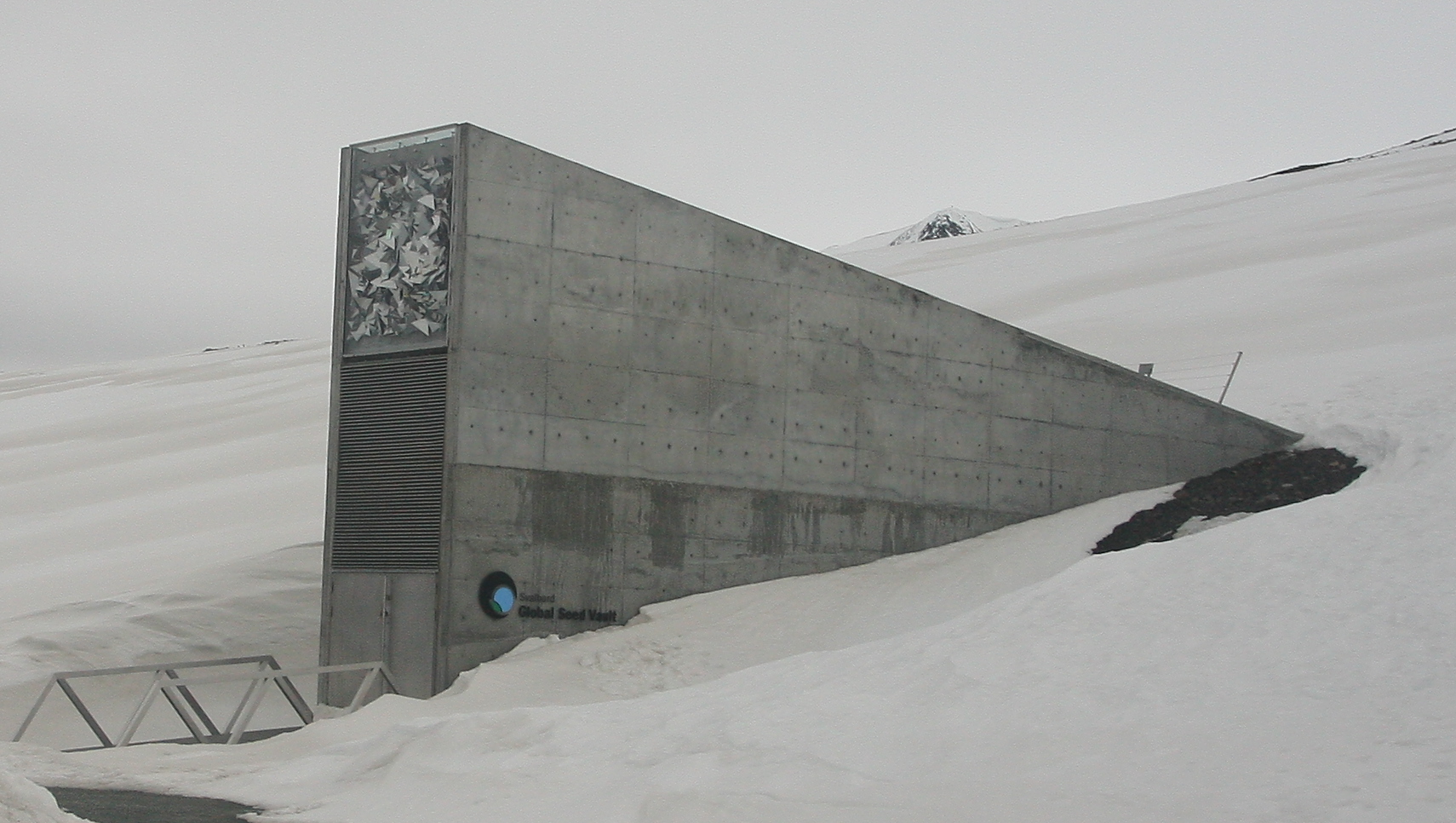- Joined
- Sep 10, 2009
- Messages
- 41,857
- Likes
- 79,509
I have been storing seeds for 16 years, and use them by FIFO rotation.
Anyone else "Bank" seeds? Nature's "PM's?"
Precious Materials...
Types of Seeds Preppers May Want to Stockpile - AllOutdoor.com
Now's the right time of the year to "squirrel" away seeds while the variety and availability are at their best.
I treat seeds like ammo. Shoot a box, buy two to replace it...
Anyone else "Bank" seeds? Nature's "PM's?"
Precious Materials...
Types of Seeds Preppers May Want to Stockpile - AllOutdoor.com
Now's the right time of the year to "squirrel" away seeds while the variety and availability are at their best.
I treat seeds like ammo. Shoot a box, buy two to replace it...

![Shocked [shocked] [shocked]](/xen/styles/default/xenforo/smilies.vb/007.gif)

![Smile [smile] [smile]](/xen/styles/default/xenforo/smilies.vb/001.gif)